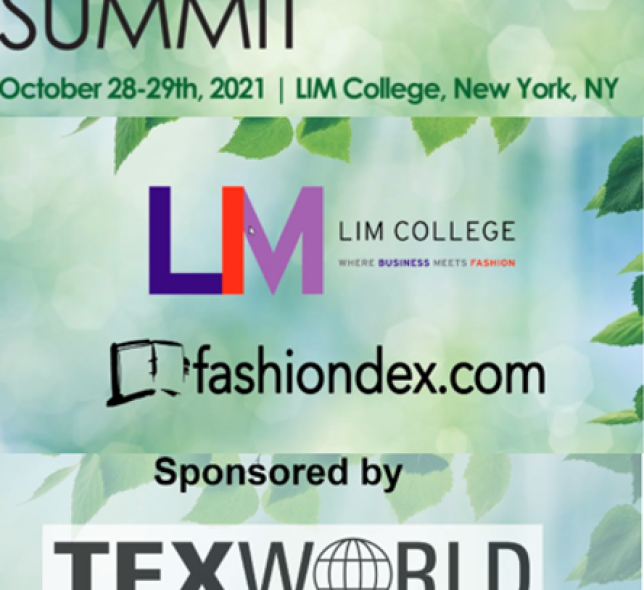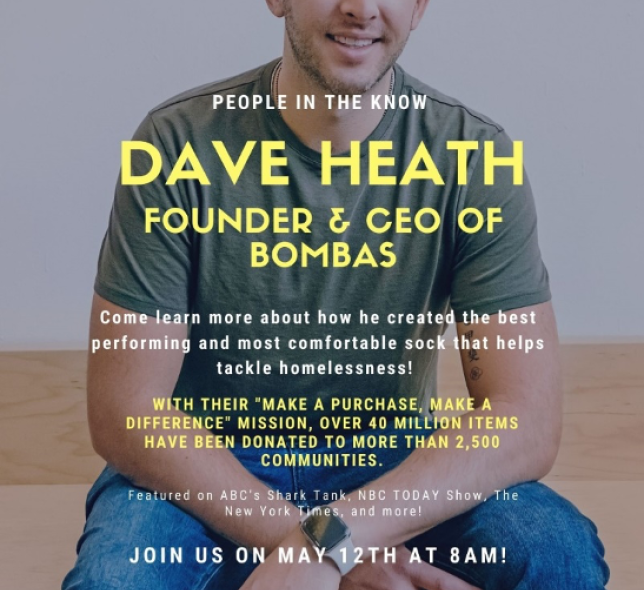This conversation with Ali sparked hope and inspiration, as we learned about the initiatives being undertaken at Neiman Marcus around the crucial topics of environmental responsibility, ethics, and philanthropy.
The ESG (environmental, social, and governance) efforts that Ali has been addressing for Neiman Marcus include climate change and circularity, revising the sustainability edit to set new standards, and partnerships to ensure the company will be active in advocacy and action for change.
In alignment with their climate change goals, Ali and Neiman Marcus are increasing internal awareness of these issues and their importance, introducing their first greenhouse gas footprint plan, and transitioning from fossil fuel powered boilers to electric.
Another key initiative is revising sustainability standards and developing experts in sourcing sustainable materials, responsible factories, products that give back, diversely owned brands and products that provide transparency.
Partnerships are another positive move for Neiman Marcus to help progress and maintain accountability. For example, the company has joined Textile Exchange, a nonprofit that helps brands figure out how to implement more sustainable textiles, and Give Back Box, an organization focused on introducing circularity and reducing waste. Ali has also leaned into the perspectives and environmental justice activism of Leah Thomas of Intersectional Environmentalist and Dominique Drakeford.
Conversations around Intersectional Environmentalism transition into philanthropy and ethics, and how all of these are interconnected. Ali discussed how collaborative conversations are lifting diverse voices within Neiman Marcus. She also talked about how the company has connected with the Humane Society to go fur-free and implement animal welfare policies. And they are addressing human rights issues in human capital management, both through their own company and the third-party brands being sold and represented by Neiman Marcus.
By the close of Ali’s talk, I felt a sense of peace and inspiration knowing that leading companies like Neiman Marcus are taking steps to make a difference. As I research environmental and ethical concepts in fashion, it can be discouraging to learn about the damage being done and the state of the environment today. Ali reassured us that these issues are being acted on and Neiman Marcus is consistently updating and achieving their goals to create a genuine focus on sustainability on a large scale.
As a fashion student minoring in Sustainability, I have done a deep dive into what true environmental responsibility means in the fashion industry, the direct and detrimental impacts of the industry, and ways to make a positive change. And when I approach sustainability in my personal life it is important for me to make sure I am taking the right steps to leave a positive footprint on the environment, and that the products I am purchasing and the brands I engage with acknowledge these issues on a deeper level.
This Sustainability Speaker Series event sparked new ideas and a sense of excitement about ensuring environmental and ethical progressiveness in our industry.



